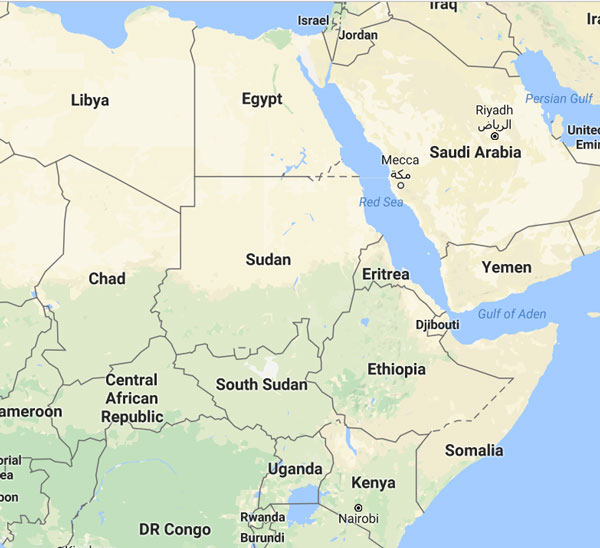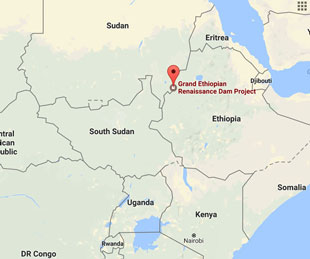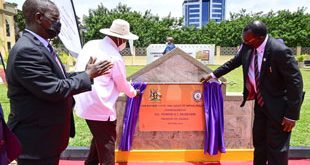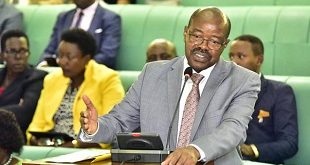

The most recent conflict arose after Ethiopia planned to build dams for electricity that Egypt felt would be a threat on water supply to their country.
The Nile is the world’s longest river flowing 6,700 kilometers through ten countries in northeastern Africa — Rwanda, Burundi, Democratic Republic of the Congo (DRC), Tanzania, Kenya, Uganda, Ethiopia, South Sudan, Sudan and Egypt.
Electricity will save the River Nile
Museveni said the Nile action plan should actually include electrification of the Nile Basin region, as lack of power is actually the biggest danger to the river.
“Lack of electricity in the tropics is the biggest danger. When people do not have electricity, they cut trees for firewood. When they cut trees, the environment is damaged, which affects water flow,” Museveni said.
Museveni said the lack of industrialization, forces many people to remain in agriculture and invade the swamps.
“The second danger to the Nile is backwardness. If you have got backward societies, the Nile will be in trouble. Without industrialization, the people will engage in primitive agriculture, and primitive agriculture means you go into the forest and invade the wetlands.”
He said up to 40% of Uganda’s rain, most of which then flows to the Nile, comes from the wetlands.
The bilateral talks that followed centered on several regional issues including use of the River Nile waters under the auspices of the Nile Basin Summit.
On South Sudan, the two countries agreed on ways for continued stabilization in Juba, using the IGAD, which is currently chaired by Prime Minister Desalegn.
The two countries agreed to continue working together to create an enabling environment for Somalia to build state pillars, establish minimum infrastructure and social services.They also agreed to strengthen cooperation on defence matters.
On trade, they agreed to explore areas in which the two countries can trade with each other especially now that there is a route (road) connecting Kenya and Ethiopia at Moyale – which they can take advantage of.
****
editor@independent.co.ug
 The Independent Uganda: You get the Truth we Pay the Price
The Independent Uganda: You get the Truth we Pay the Price



Dear Author:
Today must have been a bad day for Egypt’s outdated policy on Nile Basin and Nile Water issues. The three issues in Nutshell are: The water security, the advance notification, and the method of amendment of the Agreement. The above article shows that, all participants in the meeting said NO to Egypt’s demand. Which means 1) Newly the Sudan shifted completely away from the tradition of standing by Egypt and aligned its stand with the other upper riparian countries. 2) With this new stand, the colonial era agreement–from 1929, and the 1959–between Egypt and the Sudan are not going to have any major relevance, if any, for the future of Nile Water negotiation. 3) Interestingly, it looks like that Ethiopia was not a party in this meeting.
One way to go forward could be to reframe the discussion away from the Nile water and refocus the topic in its core as “sustainable fresh water supply in the Nile basin countries”. This reframing will help the discussion to develop towards solution seeking approach; under this framework discussion could include 1) Nile water, 2) desalination, 3) preventing the sinking of the northern Delta, 4) erosion prevention and environmental management in the Nile source countries, and so on. Egypt needs to rewrite its fresh water, Environmental, and bio-ecological policies. Further, her irrigation must transform itself from half-way fresh water destroying–to efficient and hundred-percent life giving undertaking.
Win-Win solution is the only way forward for the happiness of everybody in the Nile Basin. Thanks
Thank you fora sharing your thoughts on the best way forward for the Nile Basin states. Egypt will give their final position soon but Uganda’s Museveni is calling for a consensus